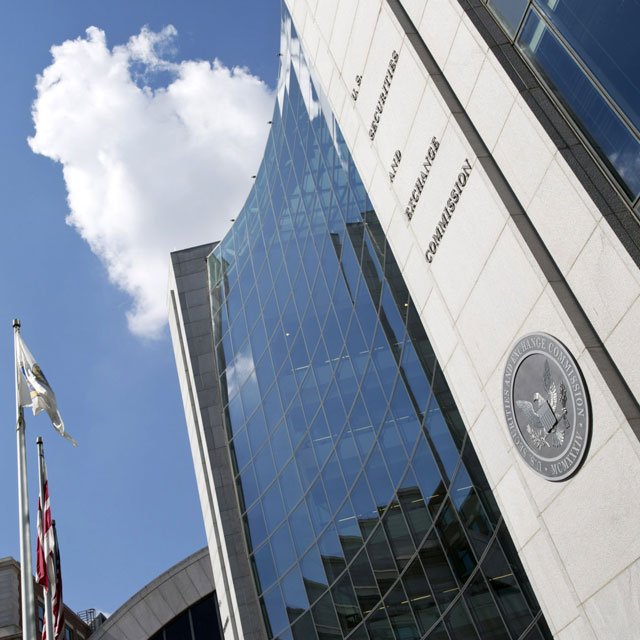SEC Hits Firm, CEO for Failure to File Form CRS, No Compliance Policies

What You Need to Know
According to the complaint, Two Point failed to adopt and implement reasonably designed compliance policies and procedures.
Instead, the company adopted as its written compliance policies, without any modification, a handbook published by a professional trade group.
Two Point also failed to comply with Form CRS requirements by the regulatory deadline, the SEC stated.
The Securities and Exchange Commission has ordered Two Point Capital Management and its CEO and former chief compliance officer to pay $100,000 for failing to adopt compliance policies and filing a Form CRS by the regulatory deadline.
The SEC brought its action against Two Point and John McGowan, Two Point’s current CEO who also served as CCO until 2021. Two Point hired a new CCO in 2021.
According to the SEC order, since 2012, when Two Point first registered with the SEC, Two Point failed to adopt and implement reasonably designed compliance policies and procedures, and to conduct annual reviews of its compliance program, as required by Section 206(4) of the Advisers Act and Rule 206(4)-7 thereunder.
From at least 2012 forward, “Two Point adopted, for which McGowan was responsible, by virtue of his duties and responsibilities, as its written compliance policies and procedures, without any modification, a handbook containing certain standards of practice published by a professional trade organization” for candidates preparing for that organization’s examinations, the SEC order states.
Two Point “failed to tailor any part of the Handbook to its client base or its investment advisory business,” the SEC said.
Furthermore, the Handbook “did not purport to be a model compliance manual to be adopted or incorporated by investment advisers but rather, as the document itself stated, was designed, among other things, to provide ethics-based guidance for the Professional Organization’s members and to candidates preparing for the Professional Organization’s examinations.”
The SEC order adds that the “preface stated that the Professional Organization encouraged firms to adopt the Handbook as part of a firm’s code of ethics. It did not purport to set out compliance policies and procedures.”
Also, the Handbook “did not include any specific mention of the Securities Act of 1933, the Securities Exchange Act of 1934 or the Advisers Act or the rules adopted thereunder,” the SEC said.




